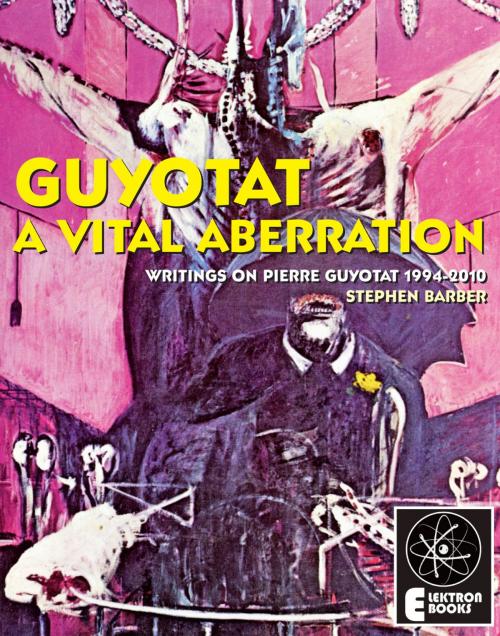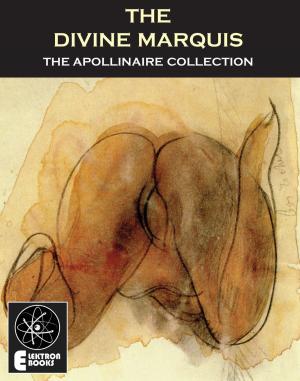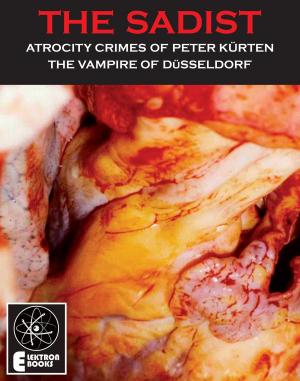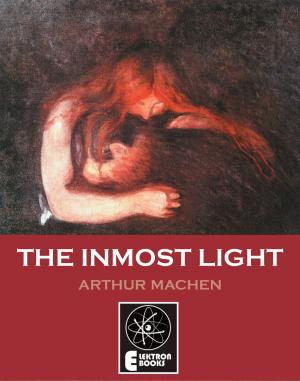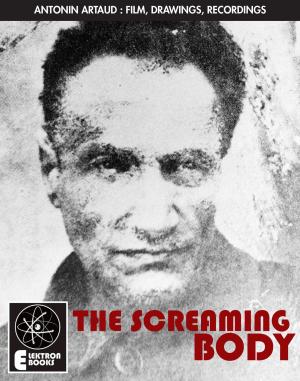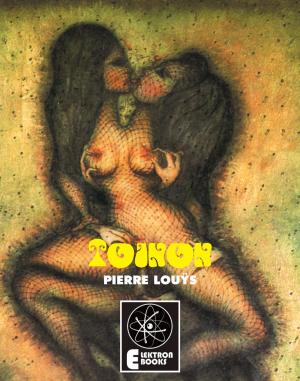Guyotat: A Vital Aberration
Writings On Pierre Guyotat 1994-2010
Fiction & Literature, Literary Theory & Criticism, French, European| Author: | Stephen Barber | ISBN: | 9781909923249 |
| Publisher: | Elektron Ebooks | Publication: | January 5, 2010 |
| Imprint: | Elektron Ebooks | Language: | English |
| Author: | Stephen Barber |
| ISBN: | 9781909923249 |
| Publisher: | Elektron Ebooks |
| Publication: | January 5, 2010 |
| Imprint: | Elektron Ebooks |
| Language: | English |
Pierre Guyotat's work is a legendary presence within, and at the periphery of, experimental writing and art, from the 1960s to the contemporary moment. From his novels of the 1960s – "Tomb for 500,000 Soldiers" and "Eden, Eden, Eden" – to his recent books on his own corporeal history, notably "Coma", Guyotat has undertaken a relentless exploration of the human body, conflict, sex and social disintegration, which appears unprecedented. At the same time, it exudes the aura of being final work – the novelist Edmund White described Guyotat as the 'last great avant-garde visionary' – for terminal cultures, worlds and bodies, beyond which only a void remains. Guyotat's work is also bound up with immediate, urgent matters: censorship, ecological devastation, all-engulfing prostitution, and dictatorial power. This collection of Stephen Barber's writings on Guyotat spans a period of sixteen years, in the form of both introductions to translated editions and autonomous essays.
Pierre Guyotat's work is a legendary presence within, and at the periphery of, experimental writing and art, from the 1960s to the contemporary moment. From his novels of the 1960s – "Tomb for 500,000 Soldiers" and "Eden, Eden, Eden" – to his recent books on his own corporeal history, notably "Coma", Guyotat has undertaken a relentless exploration of the human body, conflict, sex and social disintegration, which appears unprecedented. At the same time, it exudes the aura of being final work – the novelist Edmund White described Guyotat as the 'last great avant-garde visionary' – for terminal cultures, worlds and bodies, beyond which only a void remains. Guyotat's work is also bound up with immediate, urgent matters: censorship, ecological devastation, all-engulfing prostitution, and dictatorial power. This collection of Stephen Barber's writings on Guyotat spans a period of sixteen years, in the form of both introductions to translated editions and autonomous essays.
